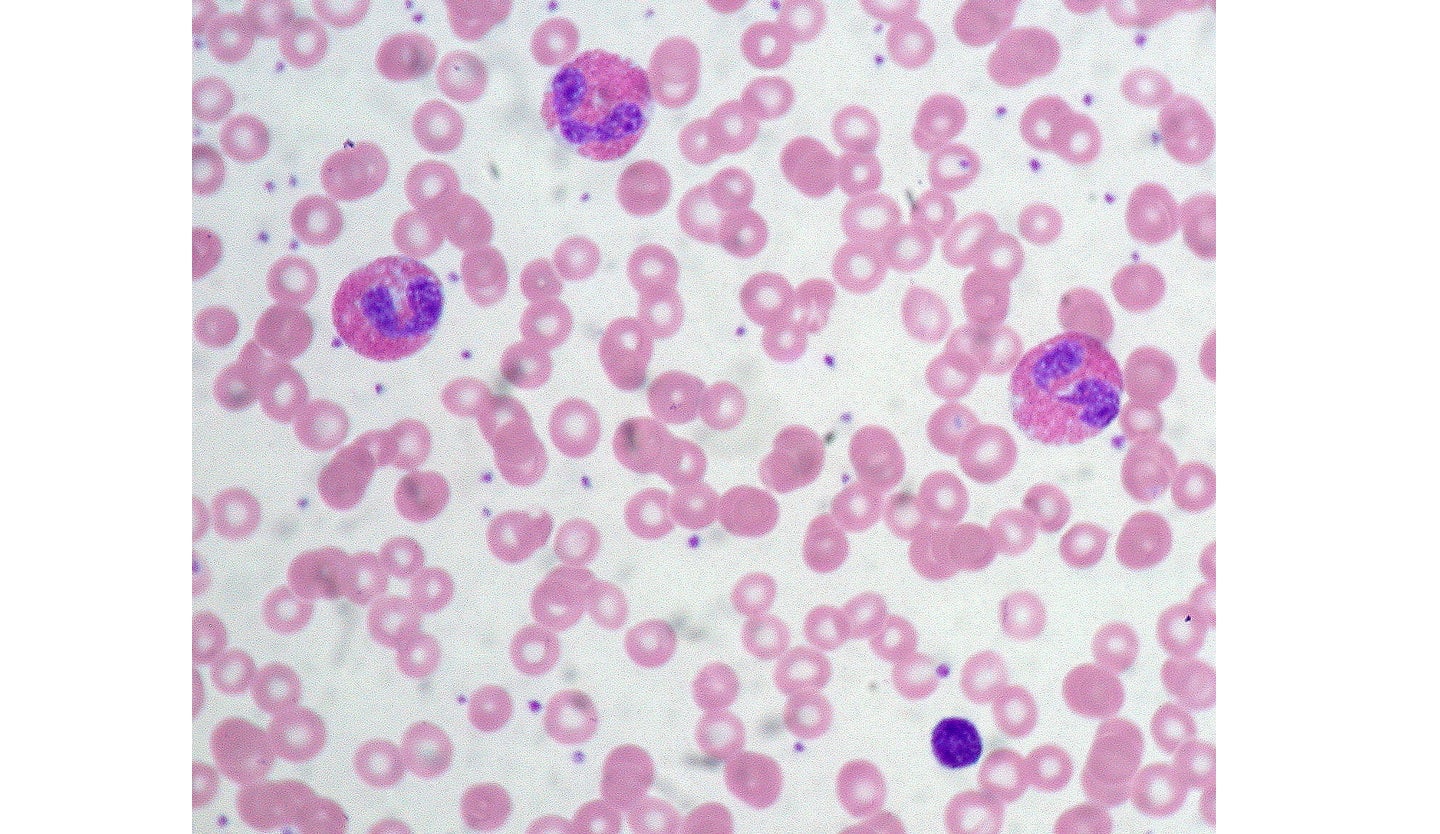
Areteia Therapeutics has dosed the first participants in the EXHALE-2 and EXHALE-4 clinical trials of oral dexpramipexole in severe eosinophilic asthma patients.
The EXHALE-2 and EXHALE-4 trials are part of the overall Phase III clinical programme, which is designed for evaluating the safety and efficacy of oral dexpramipexole in the indicated patients.

Discover B2B Marketing That Performs
Combine business intelligence and editorial excellence to reach engaged professionals across 36 leading media platforms.
As part of the overall Phase III development programme, a total of three clinical trials are planned to be conducted.
The 52-week, placebo-controlled, double-blind, randomised, international EXHALE-2 trial will assess dexpramipexole’s efficacy in reducing severe asthma exacerbations, compared to a placebo, as its primary endpoint.
Areteia stated that a global Phase III study, named EXHALE-3, is also planned for assessing the reduction in exacerbations compared to a placebo as the trial’s primary endpoint.
The 24-week, double-blind, placebo-controlled, randomised, global EXHALE-4 trial will evaluate the change in lung function against a placebo as its primary endpoint.

US Tariffs are shifting - will you react or anticipate?
Don’t let policy changes catch you off guard. Stay proactive with real-time data and expert analysis.
By GlobalDataIn the trial, lung function will be measured by the change in forced expiratory volume (FEV1).
Areteia Therapeutics CEO Jorge Bartolome said: “We are excited about dexpramipexole as a potential novel oral therapy for the millions of patients worldwide who are impacted by eosinophilic asthma. If approved, dexpramipexole would represent the first oral drug for these patients.”
Based on evidence from cell cultures and human biopsies, dexpramipexole inhibits the maturation and release of eosinophils in bone marrow. This reduces the peripheral blood eosinophil levels.
In the Phase II EXHALE-1 study, participants treated with dexpramipexole had a significant, dose-dependent reduction in blood absolute eosinophil count at all the tested doses, compared to a placebo.
Dexpramipexole was also found to be well tolerated in the trial, with no serious adverse events, as well as no adverse events leading to discontinuation.





